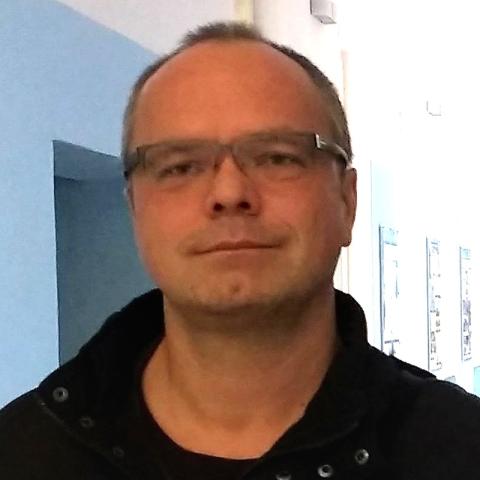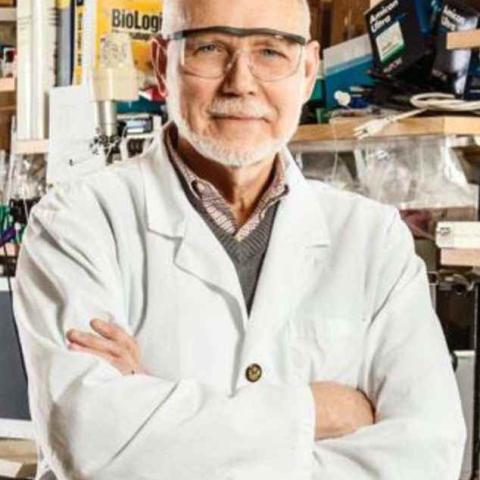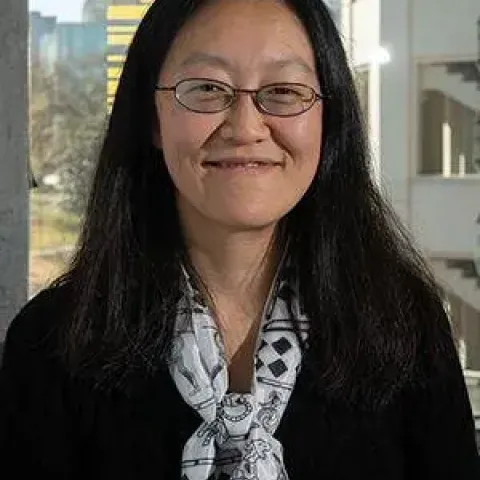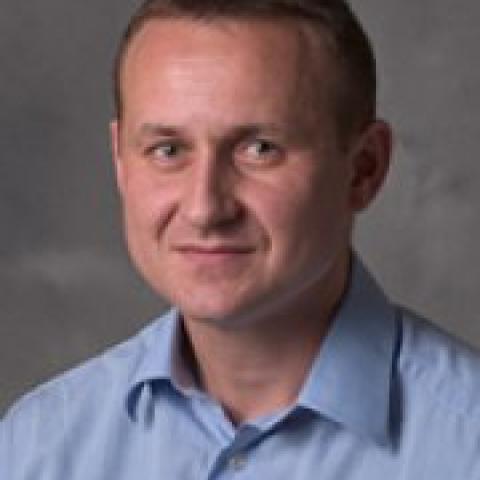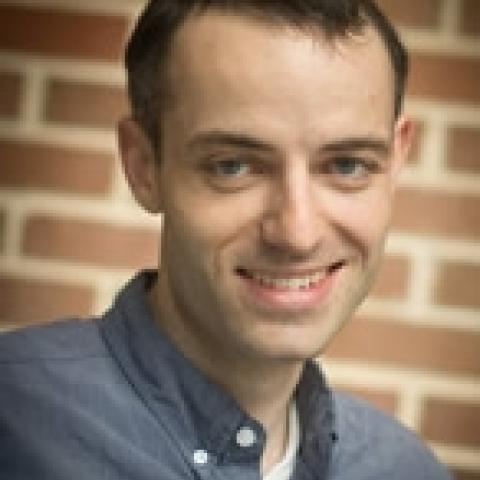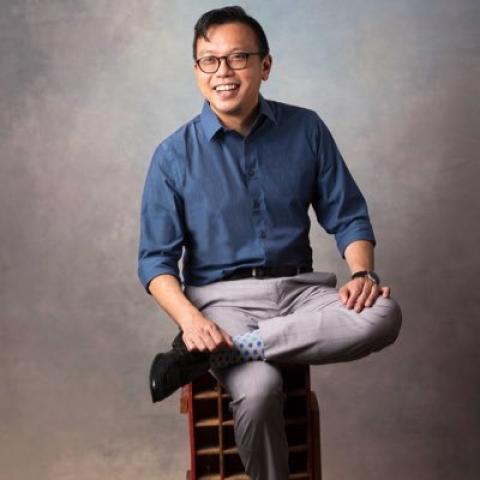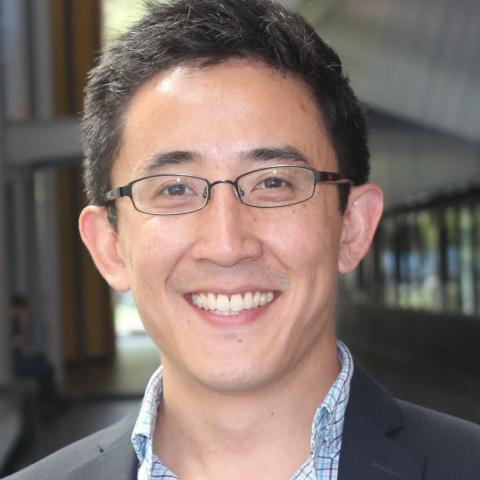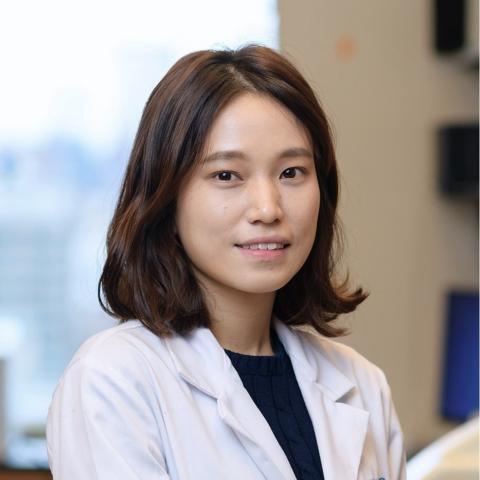Valeria Milam
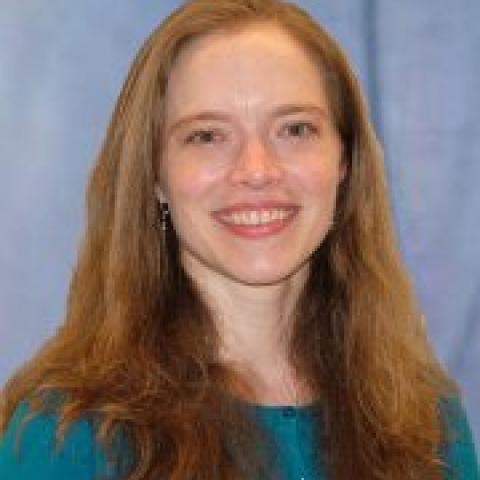
Valeria Tohver Milam joined the School of Materials Science and Engineering at Georgia Institute of Technology as an assistant professor in July 2004. She received her B.S. in Materials Science and Engineering with Honors from the University of Florida in 1993. After completing her M.S. degree (1997) in MSE at the University of Illinois, Urbana-Champaign, she interned at Sandia National Laboratories. She then completed her doctoral work at UIUC studying the phase behavior, structure and properties of nanoparticle-microsphere suspensions. Experimental results suggested a novel colloidal stabilization mechanism known as nanoparticle “haloing” in which otherwise negligibly charged microspheres become effectively charge-stabilized by their surrounding shell of highly charged nanoparticles.
After finishing her Ph.D. in 2001, her postdoctoral studies at the University of Pennsylvania focused on DNA-mediated colloidal assembly. The degree of specific attraction between DNA-grafted microspheres was found to vary with sequence length, sequence concentration and ionic strength. A variety of structures such as colloidal chains, rings and satellites were formed by varying the particle size ratio and suspension composition.
Bio-Inspired Materials; Polymers; Nanostructured Materials; Colloids; Drug Delivery
- Frontiers in Infrastructure
- Computing and Communication Technologies
